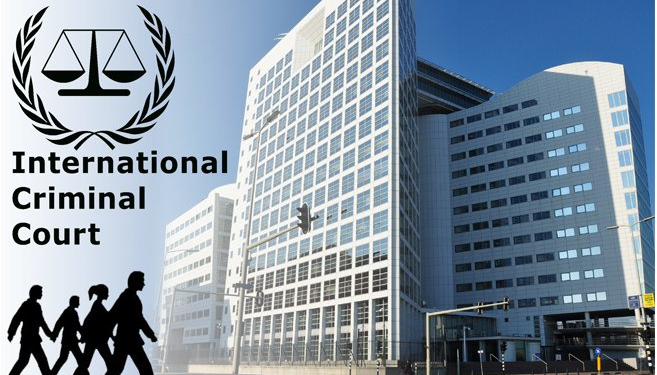By Judge Eboe-Osuji
As a new institution conceived and operated by human beings, there will always be room for improvement at the Court. African leaders can play their rightful part in engendering those improvements. But care must be taken in conceiving that the first order of the needed improvement is in the creation of norms of immunity that stand on very doubtful legal grounds.
It bears keeping in mind that the effect of such a norm is to protect only the ruling class, even when they are accused of turning the most sacred trust of public office violently on its head: in the manner of committing violent atrocities upon the very people whose protection is the very first reason for public office.
Indeed, the logic ofthe immunity norm is much too counter-intuitive in its reaches to warrantsupport. Take for instance, the event of a popular uprising demanding theresignation of a kleptocrat whose compatriots have reason to consider asbeing in public office only for himself. If he is so troubled by the uprising thathe decides to exterminate the critical population, he would not need to worrythat he could ever be prosecuted at the African Court or the ICC as long as heremained in office. That is the logic of public office immunity. And it is verytroubling.
An inconvenient norm for an AU concern
And, from the perspective of the African Union, there is more that recommends a second thought to any regional development of a legal norm or usage that forbids the prosecution of a serving Head of State or senior official. This is because such a norm may prove ultimately inconvenient to the AU’s own intention to eradicate the crime of treasonous usurpation of political power and the other crimes that flow from it. Notably, article 28C of the amended Statute of the African Court proscribes as a crime ‘unconstitutional change of government.’ Under article 28E(1) the crime is defined to include not only coups d’états against democratically elected governments, but also refusal to vacate office after loss of democratic elections, as well as manipulative revisions to the constitutional or the electoral laws in order to perpetuate stay in power. The paradox of developing any norm that forbids prosecution of sitting Heads of State and their ministers may then mean that those who access and retain political power through the proscribed treasonous ways may never be prosecuted.
They may thus be left in position to continue committing crimes proscribed by article 28C of the amended African Court Statute, as well as other international crimes against their own people as they see fit.
This is an excerpt from presiding judge, Eboe-Osuji’s, redacted public version of decision on defence applications for judgments of acquittal in Ruto-Sang case.







